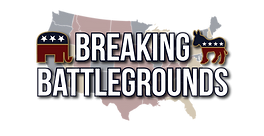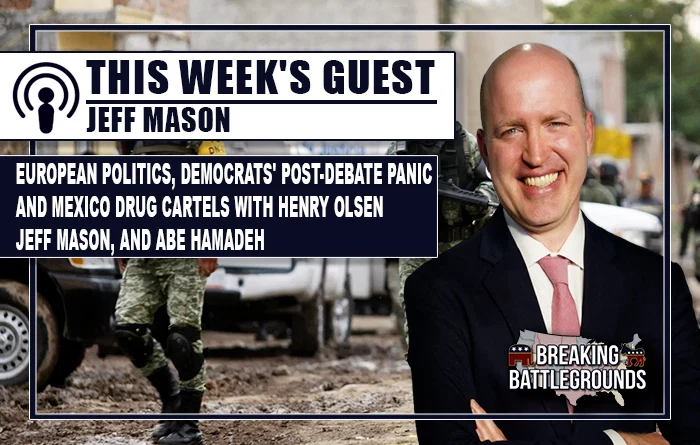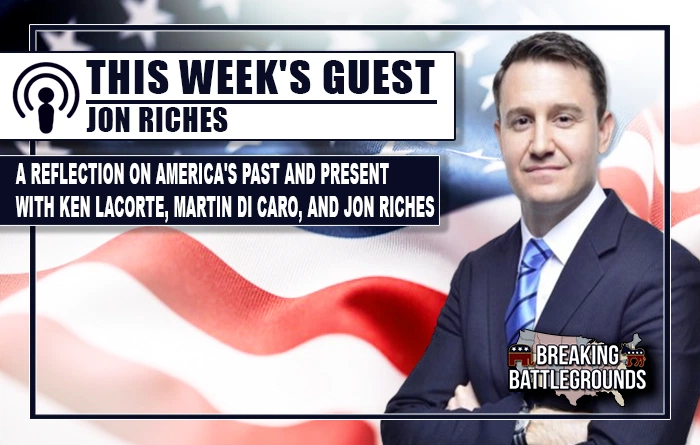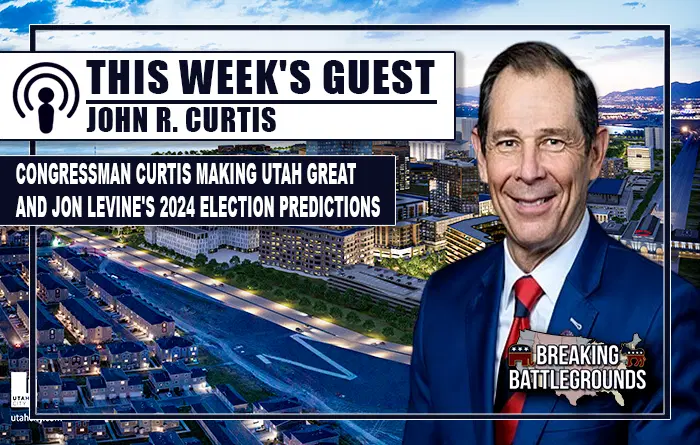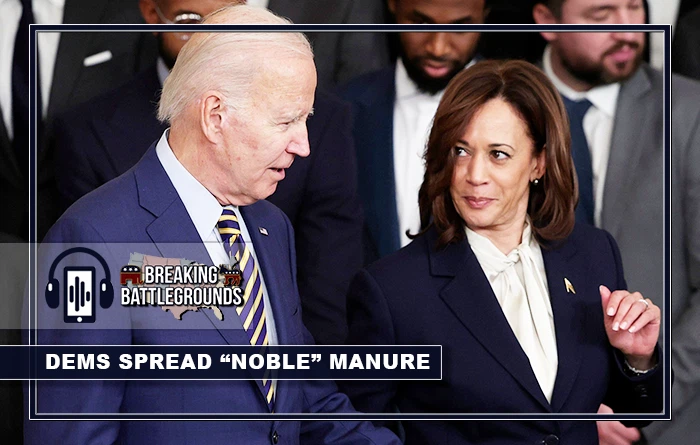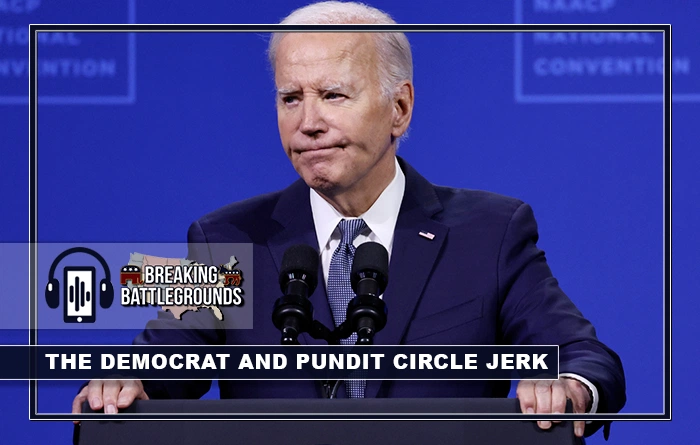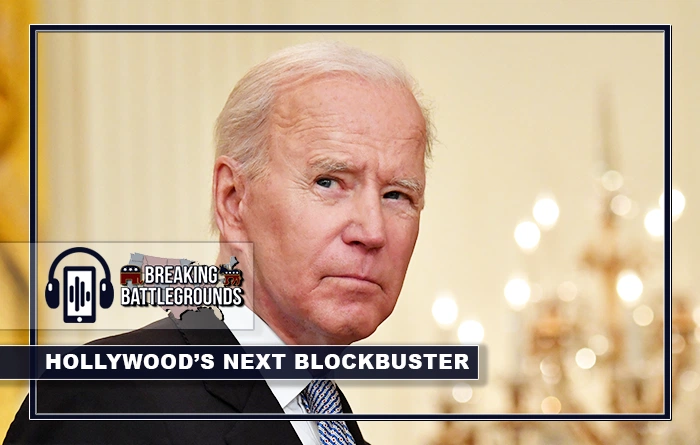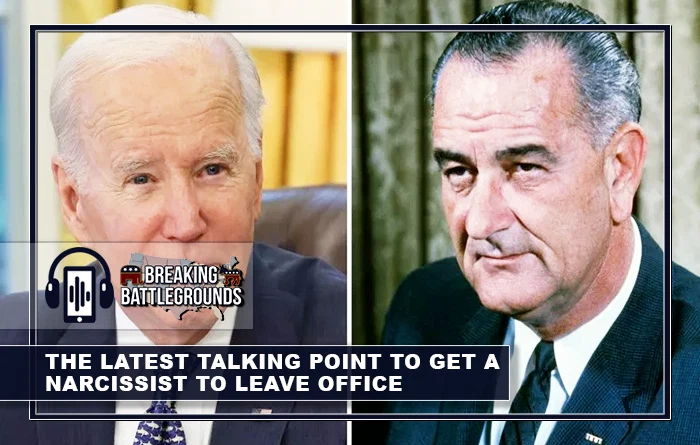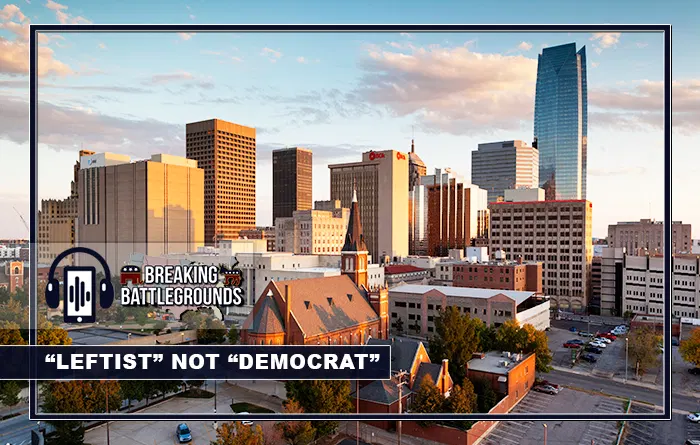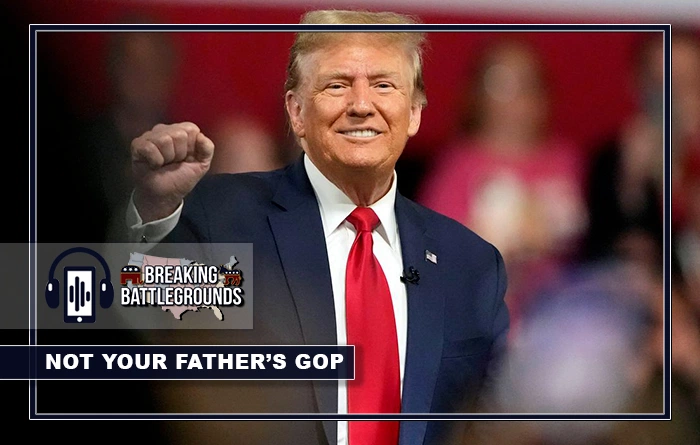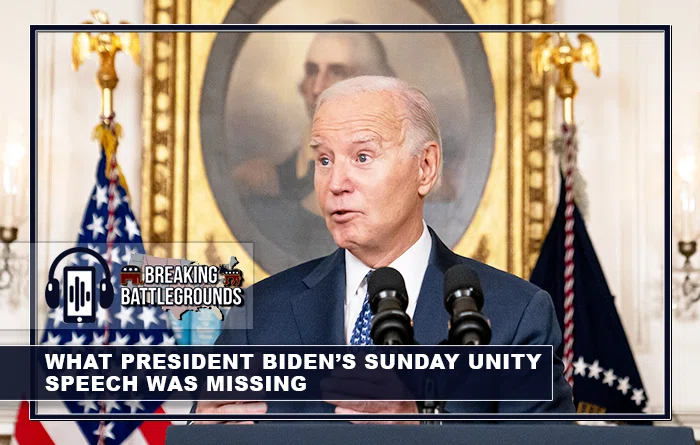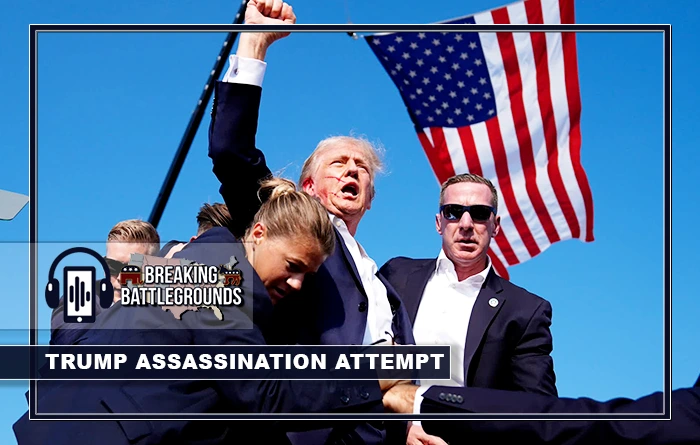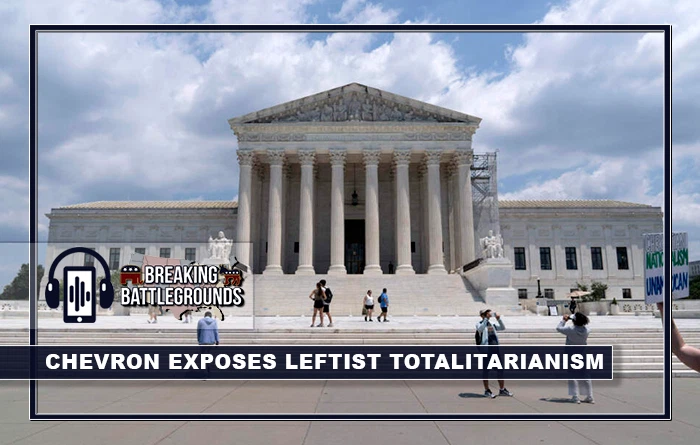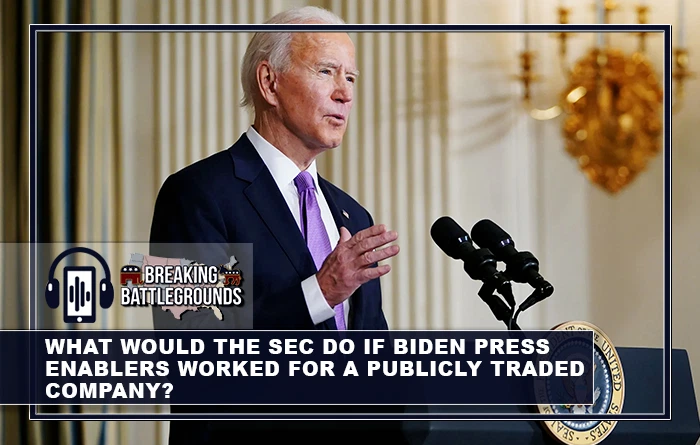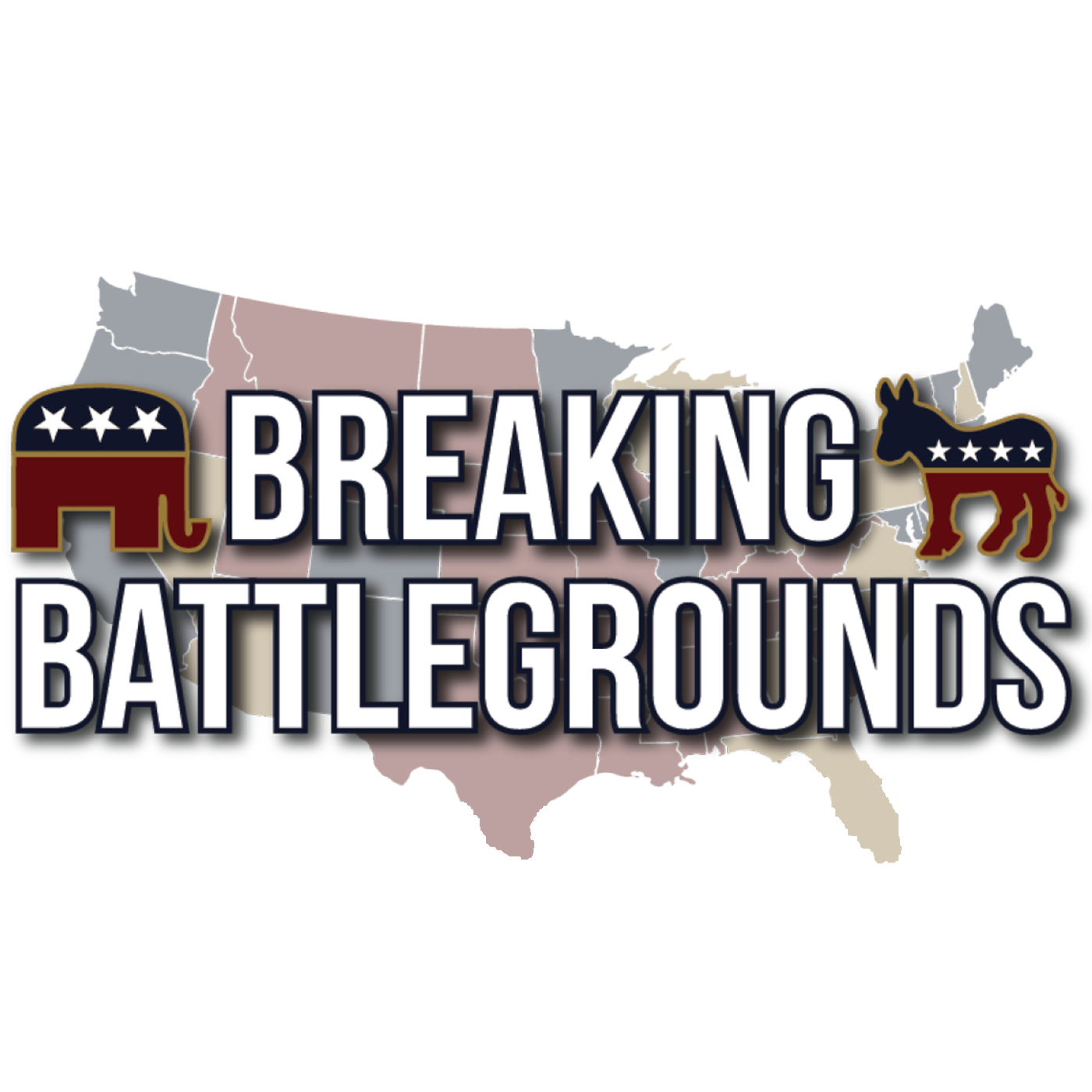On Martin Luther King Day, Greg Moore of the Arizona Republic penned an op-ed calling to honor King’s legacy by expanding voting rights. Citing a speech recently given at Arizona State University, he warned that King’s legacy is coming apart, and there needs to be a call to action to save it.
It is a disservice to King’s legacy and an insult to tens of millions of black Americans’ ballots to say that this legacy is lost, because it lives strong in law and in our hearts. It also cheapens the struggles of black Americans in the Jim Crow South who were victims of racial oppression to say that any American today faces an injustice comparable to that.
Moore writes that “another piece of King’s legacy, the Voting Rights Act, has been dismantled,” but he does not explain how and why he believes this is true. It is a typical Democrat rhetorical point of “well this is how I feel, so it must be so.”
Dismantle is a strong word, meaning taking apart to pieces. Likely, he is referring to the 2013 Supreme Court decision, in which the Supreme Court held that one piece—not all— of the 1965 law that is indeed King’s legacy was un-Constitutional. The decision was controversial at the time, but the effect on black turnout has been nonexistent. In the five election cycles since, black turnout patterns have been consistent with the turnout patterns of other ethnicities.
The 2013 Supreme Court decision upheld that preclearance, which required the U.S. attorney general to approve of any change by states to voter requirements, violated the Constitution. Since the Constitution requires the states to hold elections without federal government interference, the court believed that the involvement of the Department of Justice was at odds with the Constitutional framework.
This is the best way of prolonging a debate and virtue-signaling while ensuring that the problem is not solved. In fact, Moore’s op-ed makes no reference to the topic of the debate or preclearance. Instead, in a typical leftist fashion, he is creating hysteria to fix something that is not broken—but it might break things.
A very easy way to explain why there cannot be a federal government conspiracy to steal an election is by pointing out that such a conspiracy would require secretly working with several states, over which the federal government has little to no power, to cheat. Unlike most democratic countries, the U.S. national government does not hold elections so those in office cannot scheme to fraudulently remain in power. Many former democracies’ national governments held the national elections, which is why they are former democracies.
Since 2020, Democrats ad nauseam have talked about how Republicans threaten democracy and cannot be entrusted with power. Hence, it is all the more confusing that the Democratic Party insists on enacting new laws that would give extraordinary powers to the federal government to hold federal elections. If they are truly worried that Trump might try to cheat in future elections, and when he is the favorite to become president again, then, why expand his powers over elections? Many are tempted to find a conspiratorial explanation for this consistency, but Hanlon’s razor gives a better answer: Never attribute to malice that which is adequately explained by stupidity.
Voter ID requirements are the largest outcome of the 2013 decision. Since 2013, many states have implemented some form of ID requirement for ballot access. Democrats’ efforts to demagogue voter ID requirements have entirely failed with four in five Americans in support of these requirements, including most Democrats and an overwhelming majority of black voters. In other words, access to the ballot box is key in securing the will of the voters—unless the voters want voter ID requirements.
A recent survey asked Americans whether they had valid IDs. “Nearly 29 million voting-age U.S. citizens did not have a non-expired driver’s license and over 7 million did not have any other form of non-expired government-issued photo identification.” Young people disproportionately represented this group at 11 million, which makes sense. This group has just been negligent in renewing their IDs and will do so only when necessary. Kids these days! And they do not have a driver’s license because young people mostly use Uber and Lyft and get an ID that does not require studying and practice. Either way, it is silly to change our laws to accommodate people too negligent to renew their IDs. Democracy relies on responsibility, after all, and few things are as irresponsible as not renewing your ID. The study also keeps emphasizing how many do not have a driver’s license, even though a driver’s license is only one of several ID forms acceptable for voting, and most of the people who responded that they did not have a driver’s license had some other form of photo identification.
The number of Americans who do not have a valid ID and cannot obtain one due to circumstances other than negligence is very small, but it is not zero. It is true that many Americans cannot get an ID because they are too poor or because they live too far from a DMV. Even if that is a tiny percentage, 1 percent of Americans is more than 3 million.
We must treat the argument against this problem seriously. Voting is a pillar of democracy and ensuring that everybody has access to the ballot box is necessary to protect our rights. But it is not the only pillar. Frederick Douglass was one of the greatest Americans and the father of black rights in America. He was an advocate for voting rights, but he also believed that black liberation was not limited to voting but also education, wealth, and other bourgeois values.
Ask yourself, how can someone survive life and climb out of poverty without an ID? Without it you cannot enroll at school, get a decent job, or even get on Medicaid or visit the doctor’s office. If there is a substantial number of Americans who do not have IDs, the right answer is not to remove identification for voting. The right answer is to get them photo IDs so they can climb out of poverty.
If costs are a hindrance to obtaining an ID, then I am sure many will support state’s providing government issued IDs for those who lack the financial means to secure one. In general, you can expect a range from around $10 to $50 for an ID, but fees may be waived for certain individuals.
Moore, like so many other progressives, needs to take the win. We had a race-based voting rights problem in America, and we solved it. We don’t have to over-solve the problem and create new ones. If there is a photo ID problem in America, then, let’s solve the photo ID problem instead of cheapening King’s legacy, which remains intact, strong, and a source of pride and celebration.
Note: the opinions expressed herein are those of Chuck Warren only and not his co-host Sam Stone or Breaking Battlegrounds’ staff.
